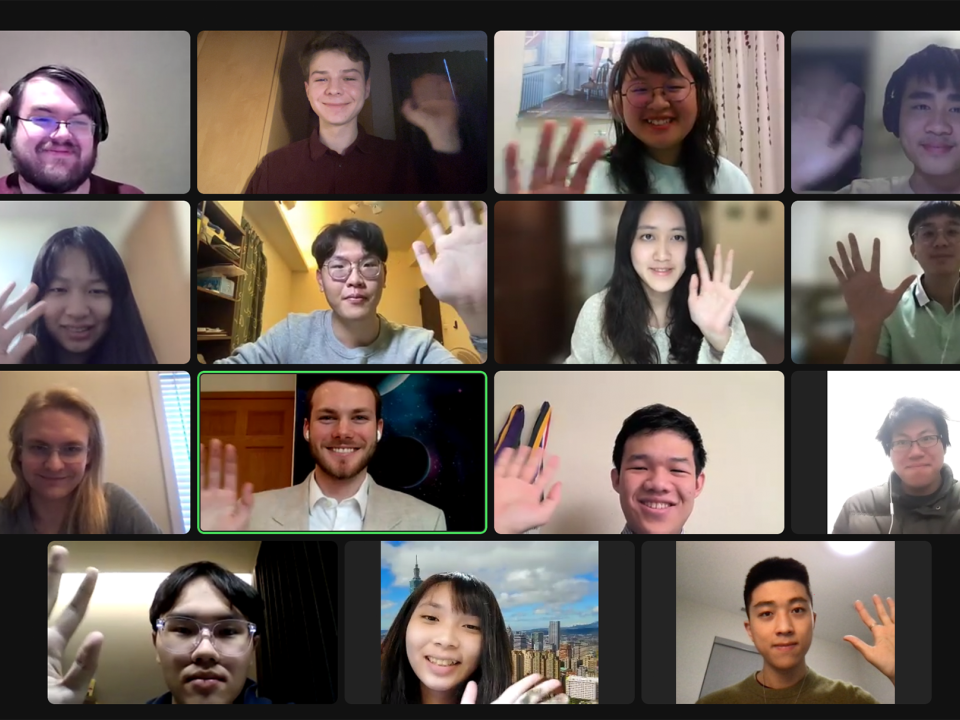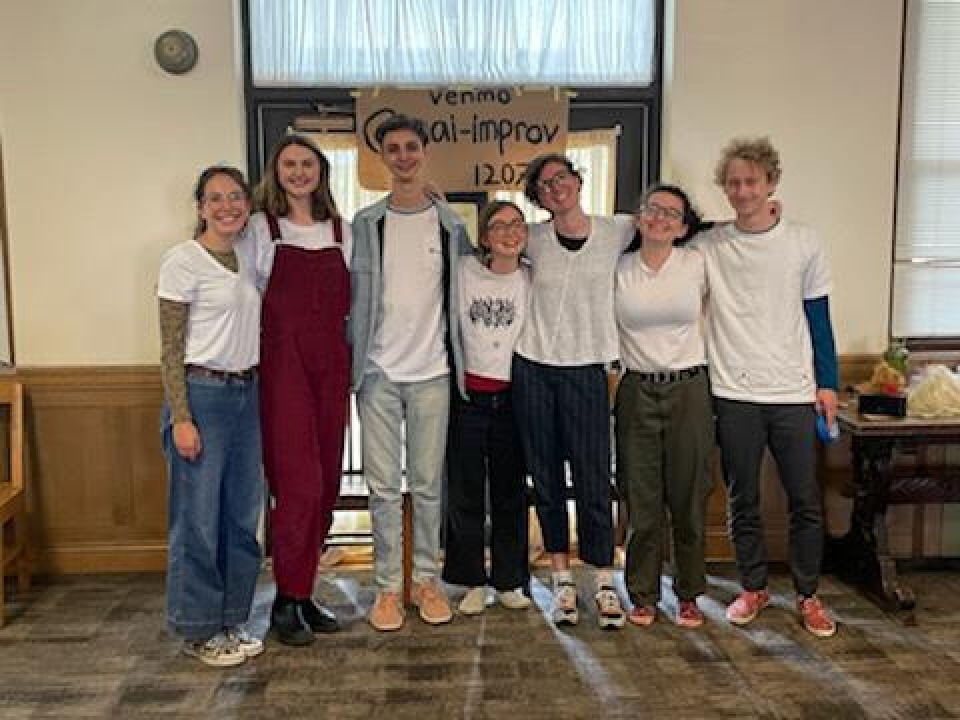
The funding will help GEP broaden their focus from exclusively youth-based projects to economic empowerment interventions aimed at the whole family. The mission is to support youth and families in Grinnell by aligning community efforts and infusing support for early literacy enrichment activities, equity and inclusion, family engagement, workforce development and financial literacy to interrupt intergenerational poverty.












